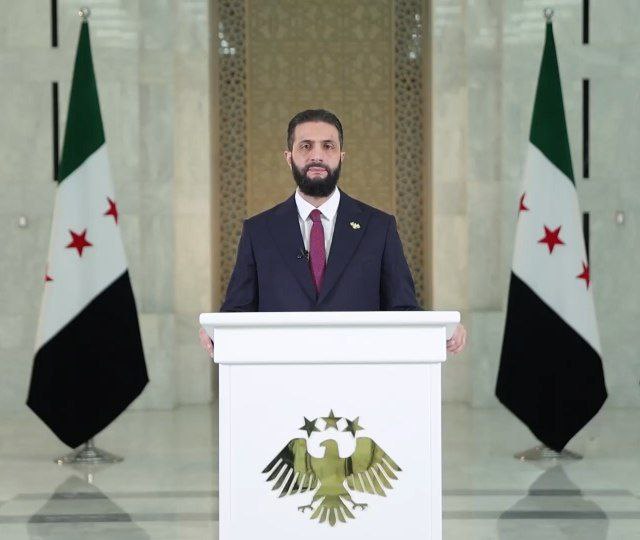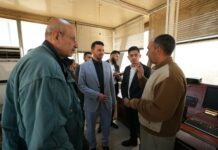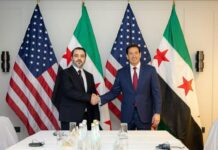
Syrian President Ahmad al-Sharaa is scheduled to address the UN General Assembly (UNGA) in New York next month, marking the first participation of a Syrian head of state at the annual gathering since 1967. The announcement, confirmed Monday by the Syrian Foreign Ministry to Agence France-Presse, demonstrates Damascus’ efforts to reassert itself on the international stage after over a decade of isolation.
The 80th General Assembly, scheduled from September 22 to 30, brings together leaders from around the world. A ministry official described Sharaa’s participation as “one of the major signs of correcting positions on Syria, whether because of Syria’s policies or the policies of other states toward it.”
Diplomatic Outreach and Shifting Relations
Sharaa’s visit follows a string of high-level meetings signalling recalibration of Syria’s foreign relations. In May, he met US President Donald Trump in Saudi Arabia and later traveled to Paris for talks with French President Emmanuel Macron, moves widely seen as signs of growing recognition of the transitional authority in Damascus. His government has also opened channels with Turkey, Saudi Arabia, and Gulf states, while benefiting from recent easing of US sanctions.
This diplomatic push, analysts note, is designed not only to rebuild Syria’s legitimacy but also to frame a broader vision for reconstruction and reconciliation. “There is no doubt that the visit is one of the prominent titles of the transformation in Syria,” Sharaa told Al Majalla magazine.
Position on Israel and Regional Tensions
Sharaa is expected to address Israel during his UN speech, particularly the situation in the Israeli occupied Golan Heights and Israeli military activities in southern Syria. In remarks to Al Majalla, he dismissed the possibility of Syria joining the Abraham Accords, emphasizing that Syria’s case differs from countries without territorial disputes with Israel. “We have the Golan Heights as occupied territory,” he said, adding that his priority is “returning to the 1974 disengagement agreement or something similar, controlling the security situation in southern Syria under international supervision.”
He argued that Israeli suggestions of partition serve as pressure tactics but are unrealistic given the longstanding opposition to dividing Syria. “Any policy aiming to divide Syria will fail,” he said.
Vision for a United Syria
Sharaa has also addressed concerns about separatist movements, including Israeli-backed groups in Suwayda and the PKK-led project in the northeast. He stressed that while decentralization and dialogue with the Syrian Democratic Forces (SDF) remain topics of negotiation, Syria’s future lies in unity rather than fragmentation. “Our strategy is to zero problems and resolve differences,” he said, underscoring his vision of an inclusive state.
With US-brokered talks between Syria and Israel underway but still in early stages, Sharaa is expected to use his UN platform to call for de-escalation and international support for a political settlement. His presence in New York, the first by a Syrian president in more than half a century, signals what Damascus sees as a turning point in its reemergence on the global stage.








